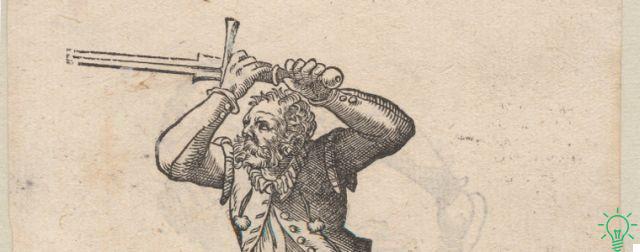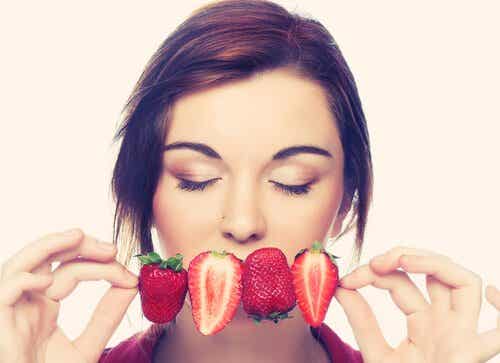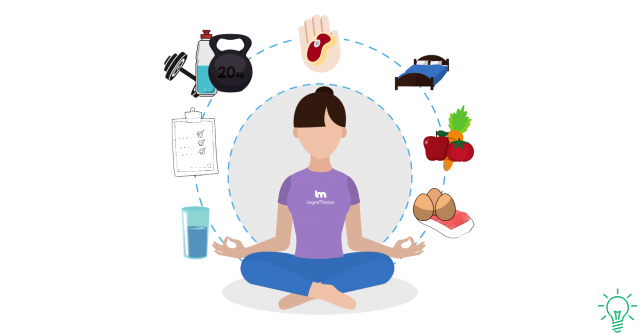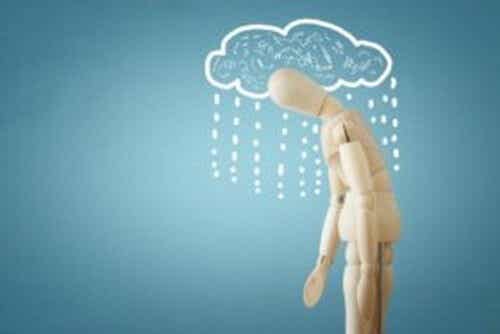Psycho-nutrition takes shape every day, populates a certain number of social networks and refers to nutrition and healthy lifestyle habits. But what exactly is it and what are its characteristics?
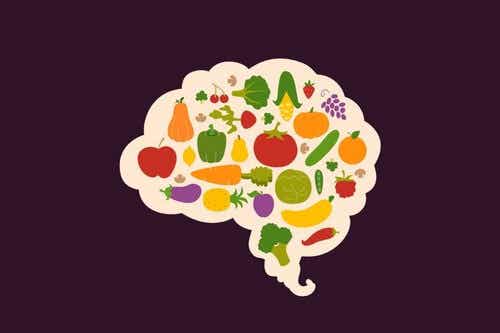
Last update: 16 November 2020
Psycho-nutrition is the science that studies the relationship between the psyche and food, therefore requires the intervention of at least two professionals: the dietician or the nutritionist and the psychologist. Psycho-nutrition does not only take into account the relationship that the individual has with food, but the emotional patterns that go hand in hand with the variety of foods that one chooses to consume are also studied.
Based on this approach, different behaviors are analyzed, including understanding food as a tool to find relief from emotional distress. On the other hand, the purpose of psychonutrition is to modify the long-standing food patterns in order to improve the quality of life of the person.
Psycho-nutrition and its characteristics
Psycho-nutrition involves the joint intervention of the nutritionist and the psychologist. Nonetheless, being able to count on other professionals will guarantee better results.
Among the professionals who can be part of this multidisciplinary staff we find personal trainers, psychiatrists, speech therapists, pedagogues, etc.. We can therefore summarize the characteristics of the intervention in the psycho-nutritional field as follows:
- It focuses on aspects associated with nutrition and healthy habits; not only from a food point of view, but also from an emotional, social and working point of view.
- We work on psychological variables associated with maintaining unhealthy habits and developing new skills that derive from establishing habits that improve the quality of life.
- Self-concept and self-acceptance are important to start a path of psycho-nutrition. In some cases, the struggle against our body image generates frustration in us.
- The context in which meals are consumed is analyzed among the other variables that favor or damage a healthy diet.
- Professionals help make decisions regarding food and awareness in terms of healthy, ultra-processed products. In addition to this, we will work on some socially rooted concepts, such as diet, and the commonplaces on nutrition that influence the choice of products.
What is psycho-nutrition not?
Psycho-nutrition is a team effort that requires the collaboration of several professionals. It is important to underline this aspect, given that there is no specialist training course for "psycho-nutritionists". To start it, as already mentioned, at least a psychologist and a nutritionist are essential.
The concept of psychonutrition it cannot even be reduced to the study of the consumption of specific foods according to the mood. Thus, one of the challenges of psycho-nutrition may be to expand the person's toolbox to increase his or her repertoire of adaptive strategies.
The results in this area are progressive: we are talking about habits, therefore interventions that require time to be redirected, modified or fixed. On the other hand, you will get results that go well beyond weight loss; it's about changing your relationship with food.
The role of the psychologist
The work of the psychologist in this case is not just about eating disorders. We also talk about other disorders, such as anxiety, which arise from different psychological situations, including the rejection of one's image.
Investigating the adoption of restrictive diets as a compensation mechanism is only one aspect of the psychologist's work in psycho-nutritional counseling. The professional's duties include:
- Assessment of eating habits patterns and the consumption of specific foods in different contexts.
- Encourage the choice of healthy foods through the right information and greater awareness.
- Reduction in the expectation of immediate and / or short-term results.
- Presentation of acceptance techniques and changes aimed at the consumption of foods that are object of refusal by the patient.
- Emotional education and adaptive strategies.
- First contact with physical sensations associated with the sense of satiety and appetite.
Emotional mechanisms are particularly important during psycho-nutritional counseling, as well as the skills available to assimilate certain habits.
Finally, it is important to dispel some myths about nutrition rooted in our society, as well as having to be constant in the path that will lead to the adoption of new habits.




